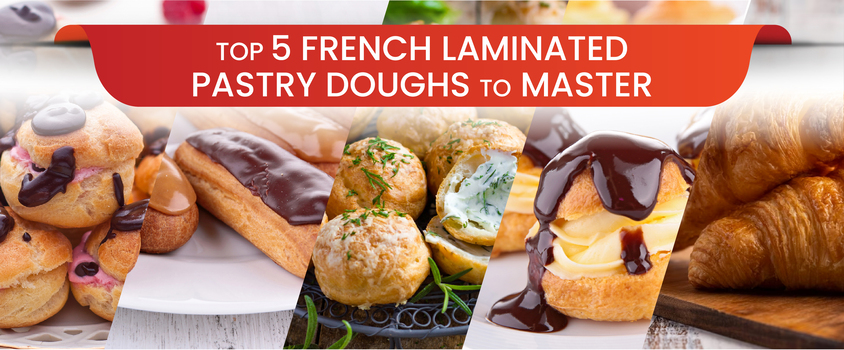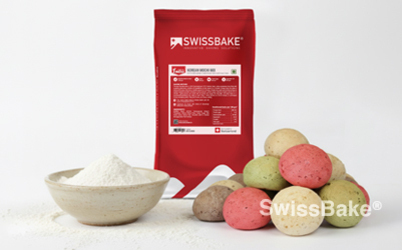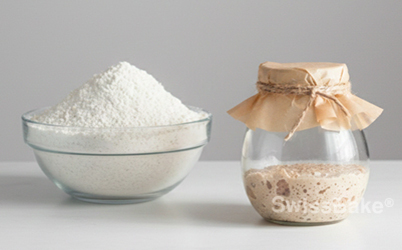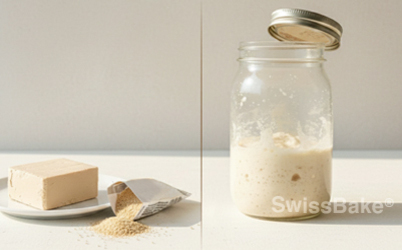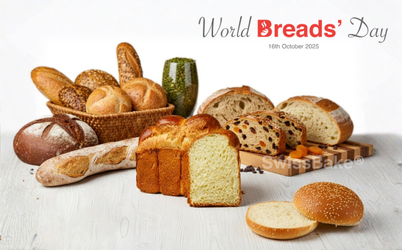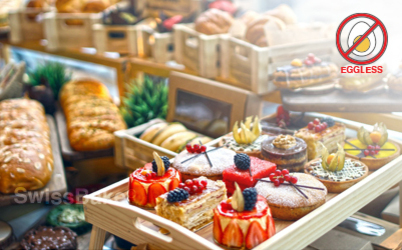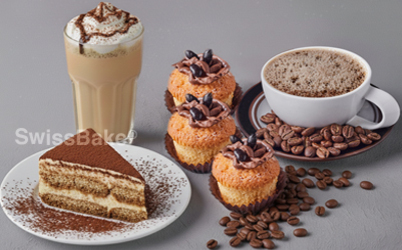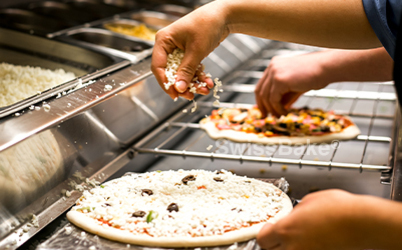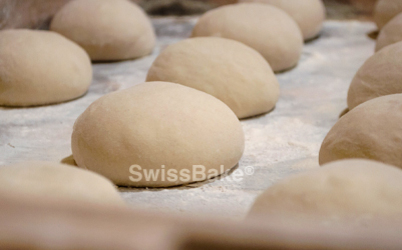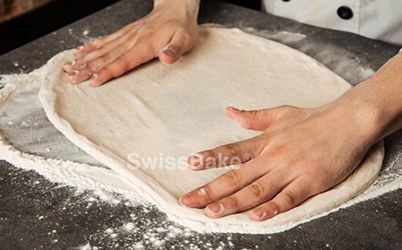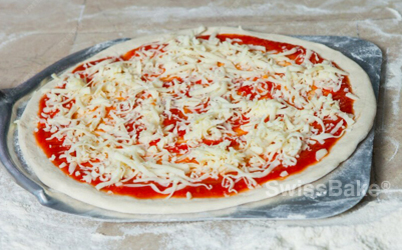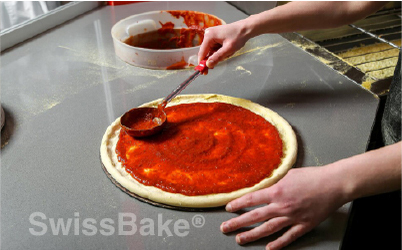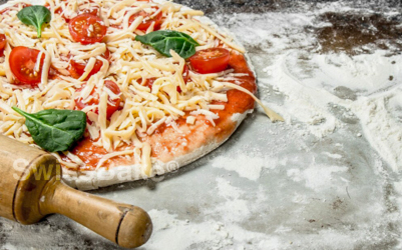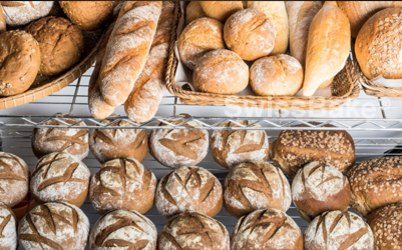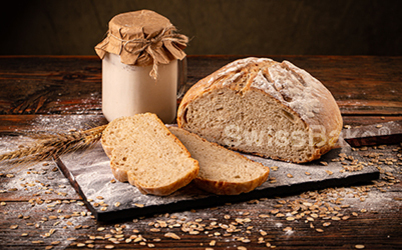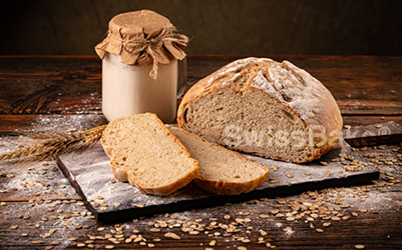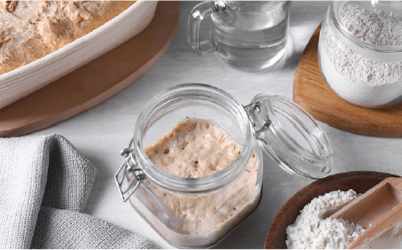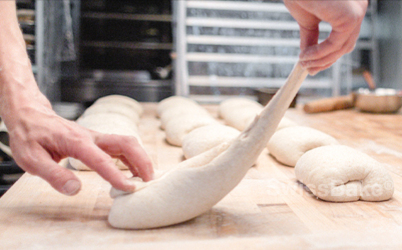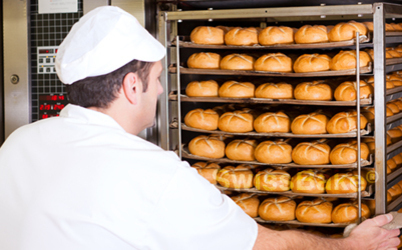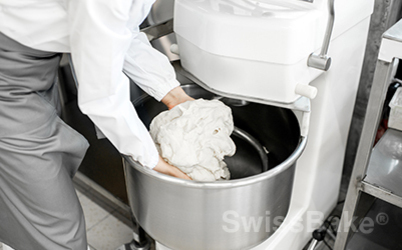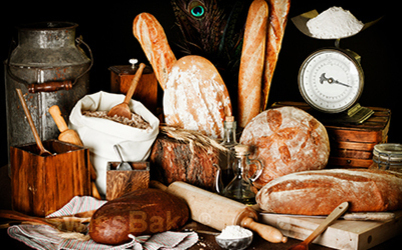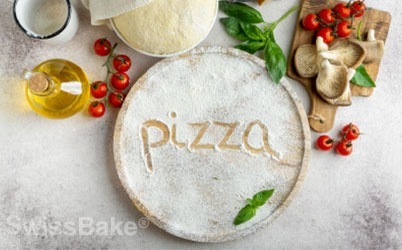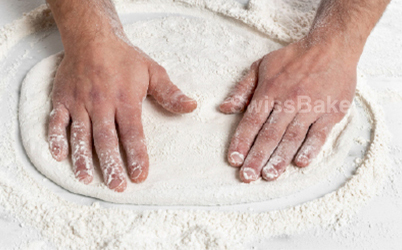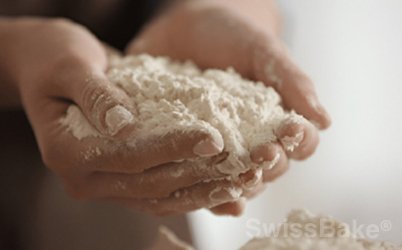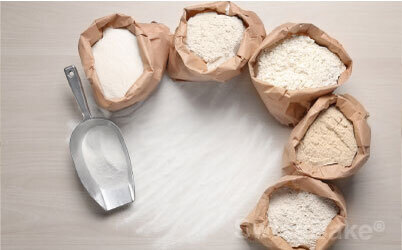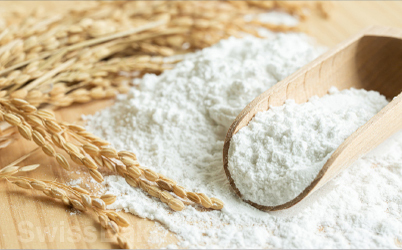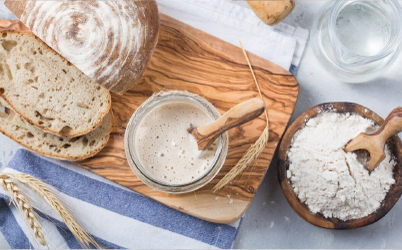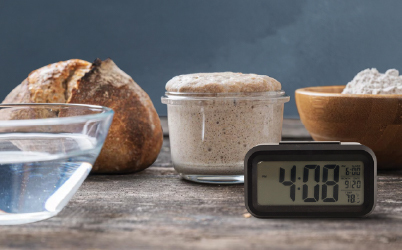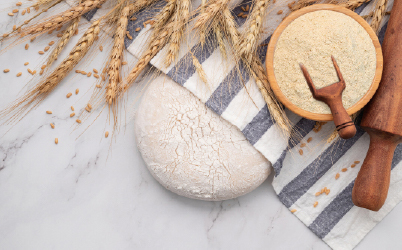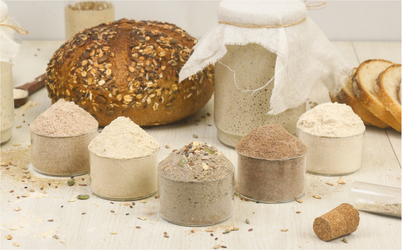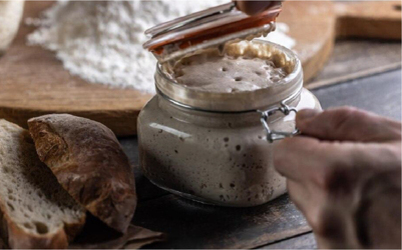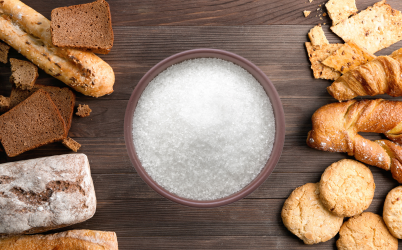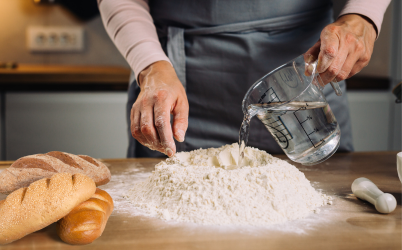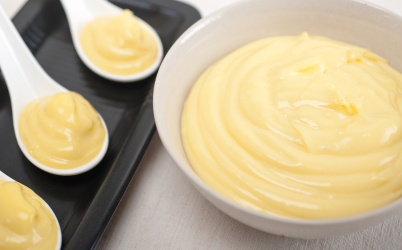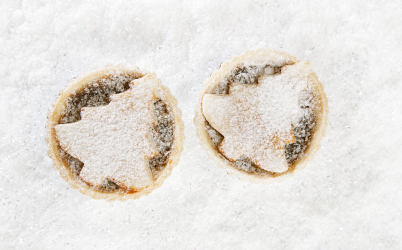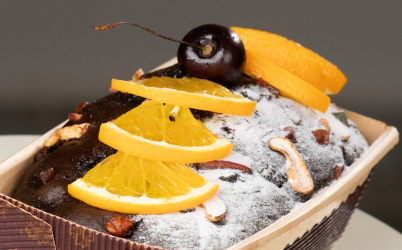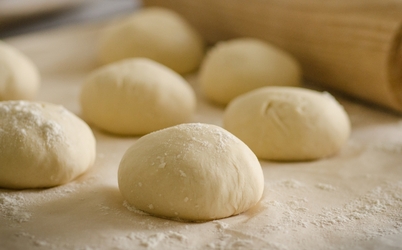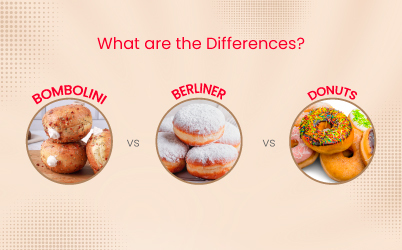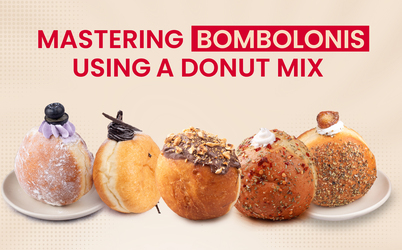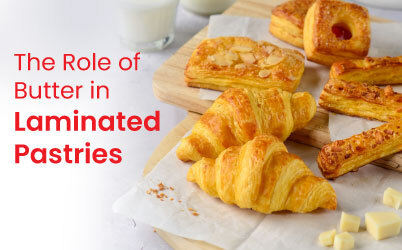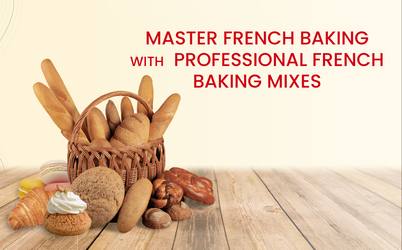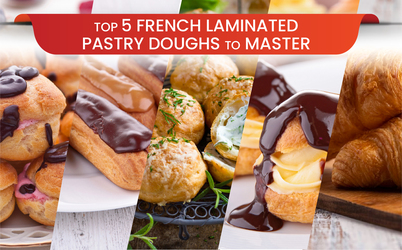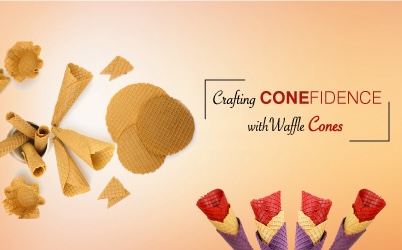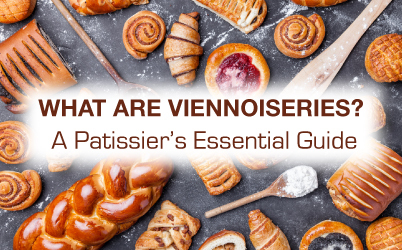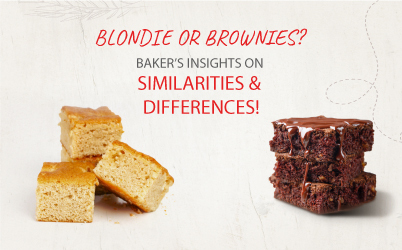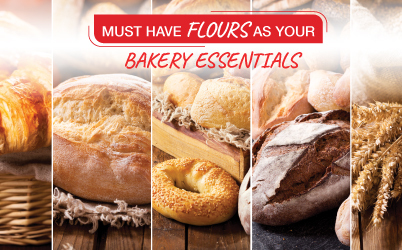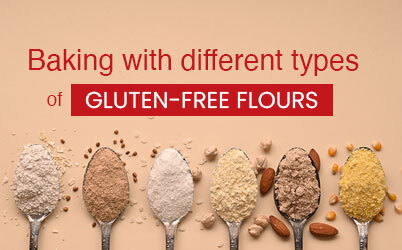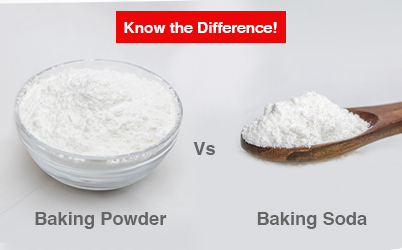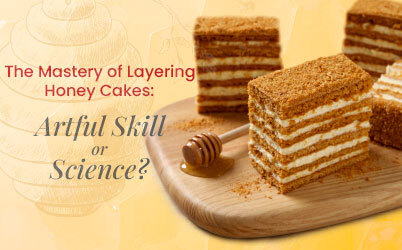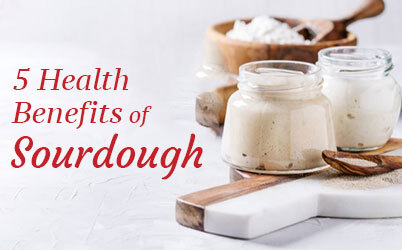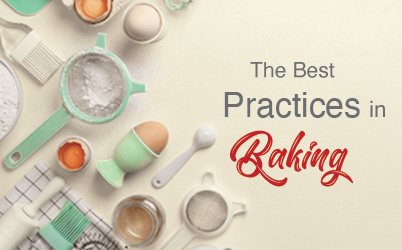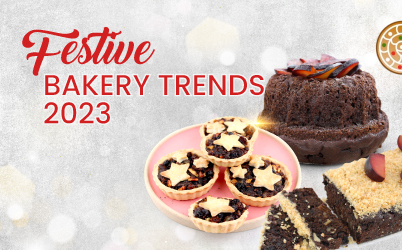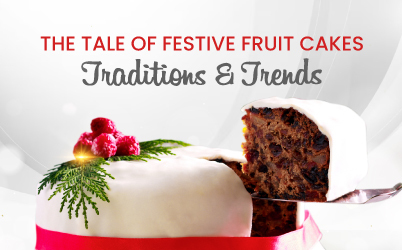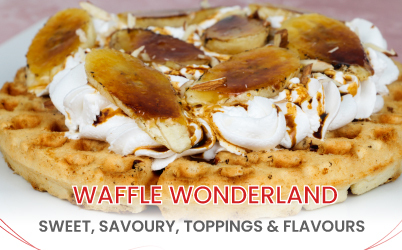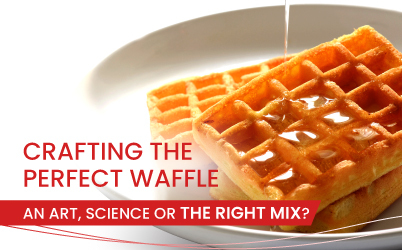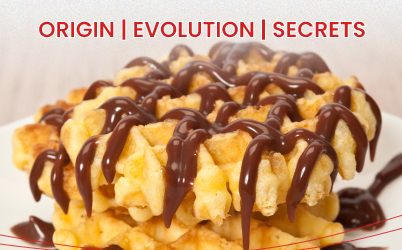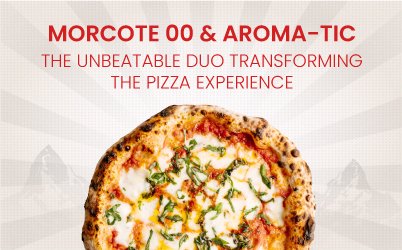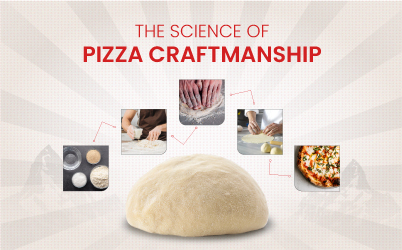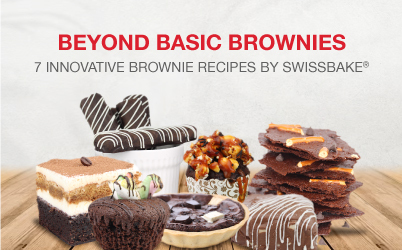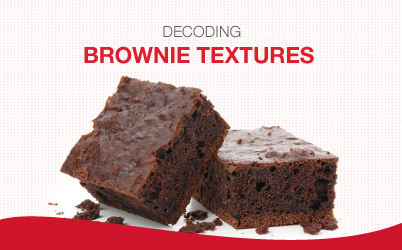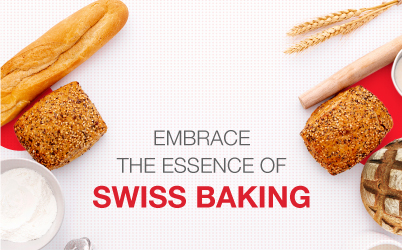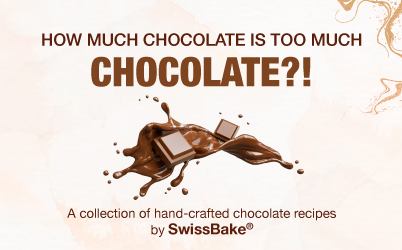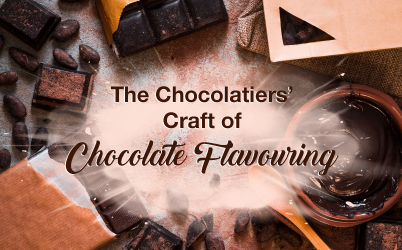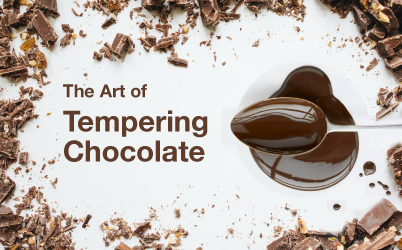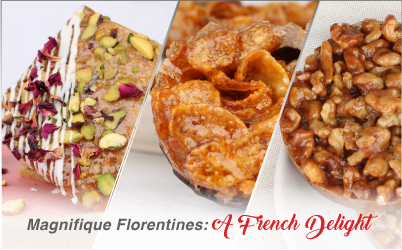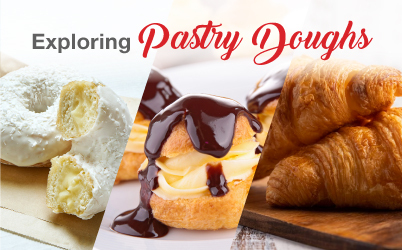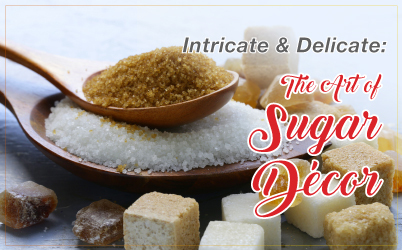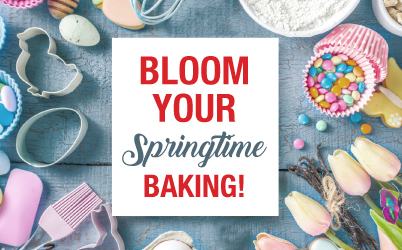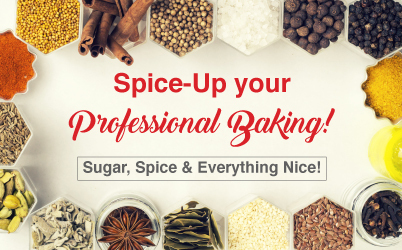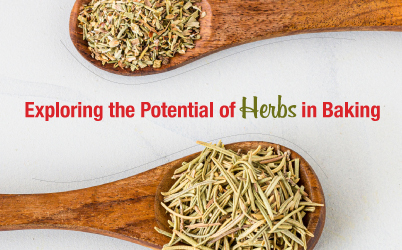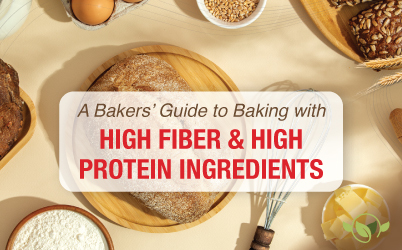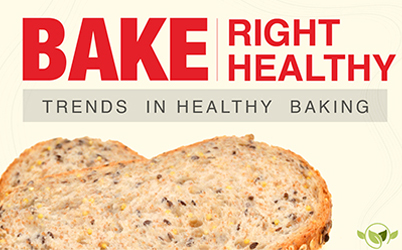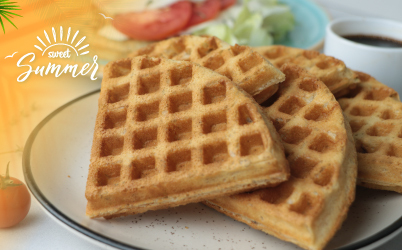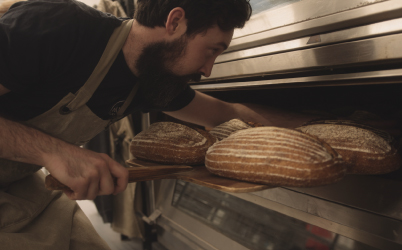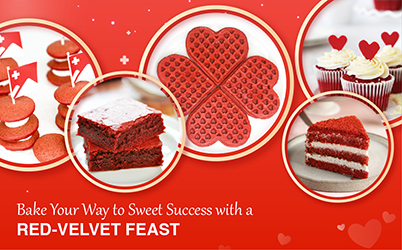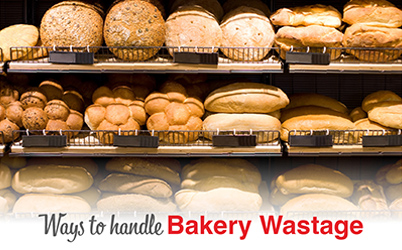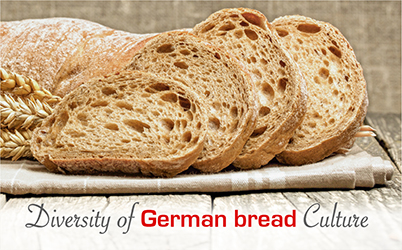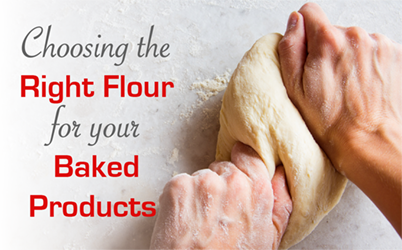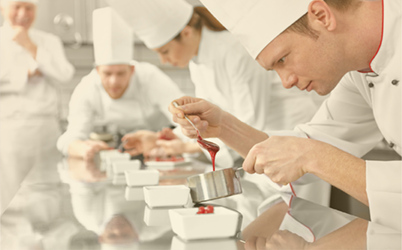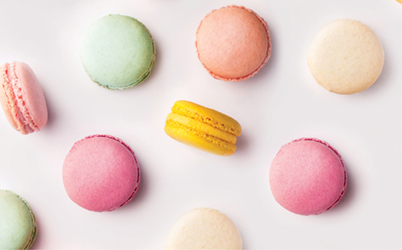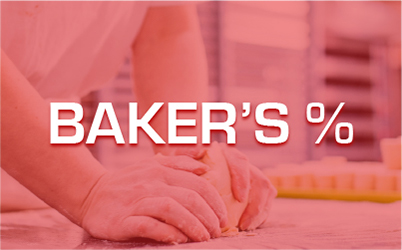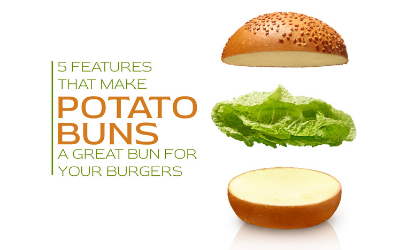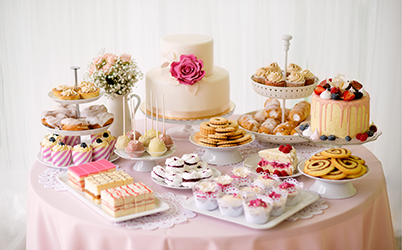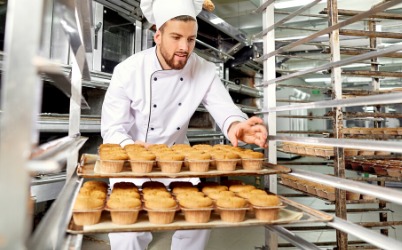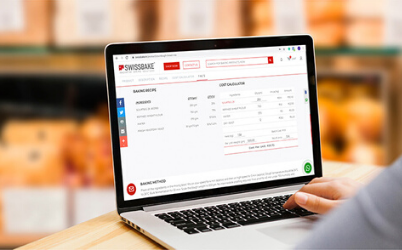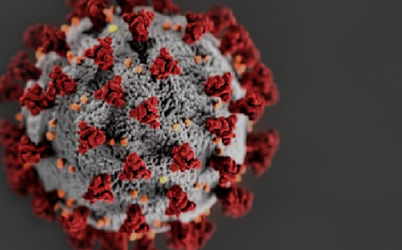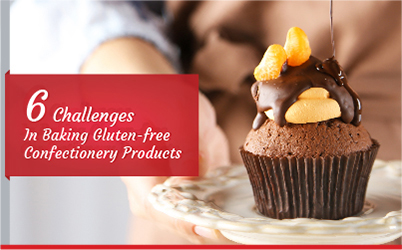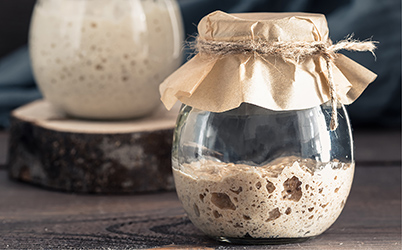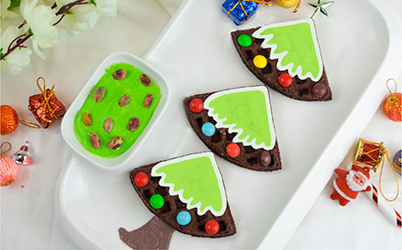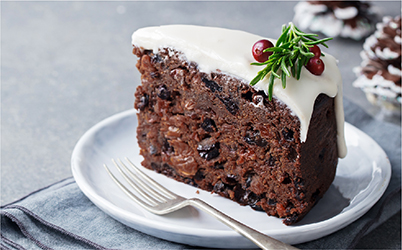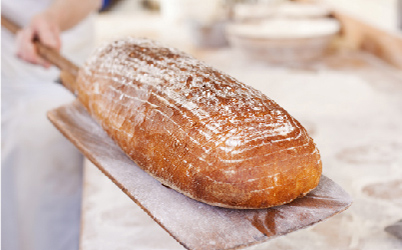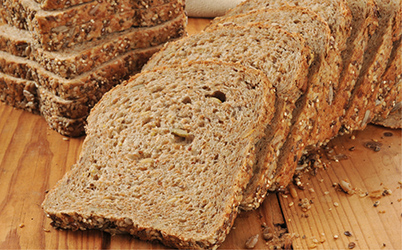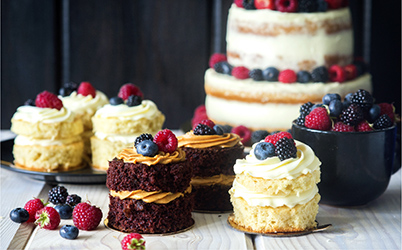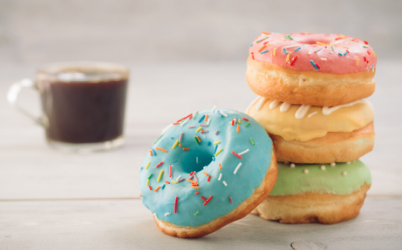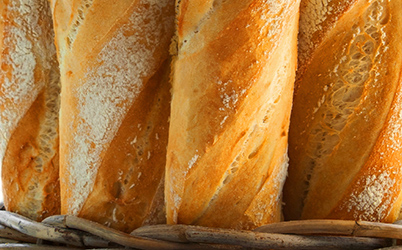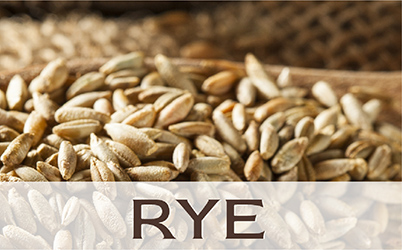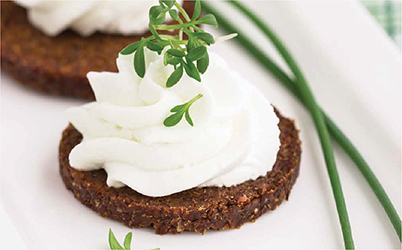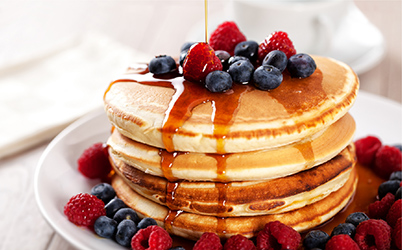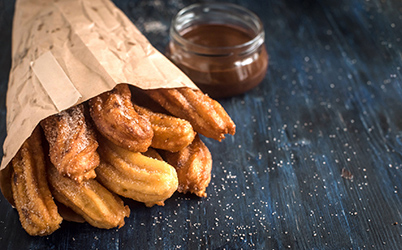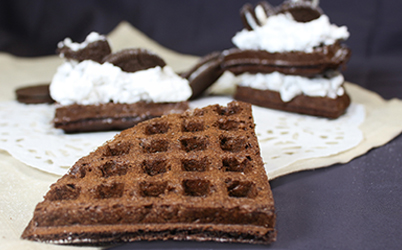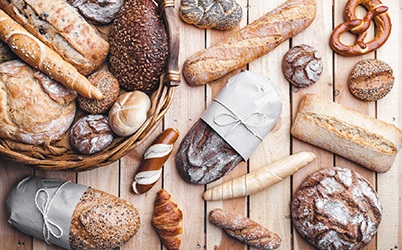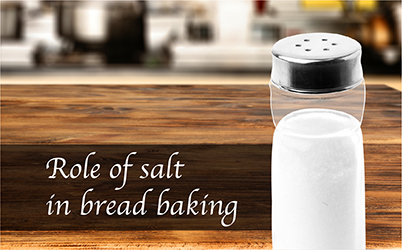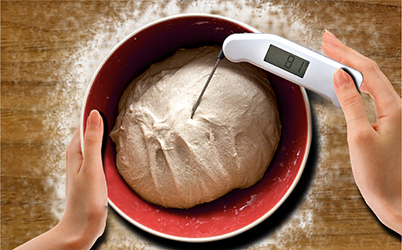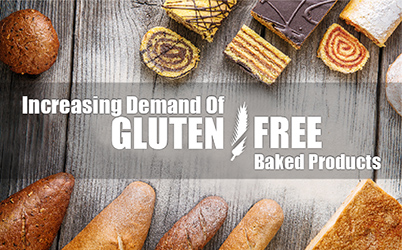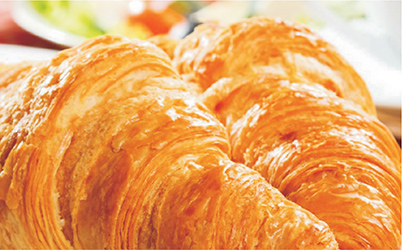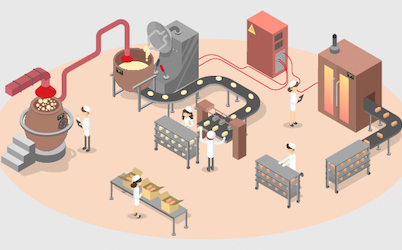TOP 5 FRENCH LAMINATED PASTRY DOUGHS TO MASTER
Top 5 French Laminated Pastry Doughs to Master
French baking is renowned for its exquisite patisseries and has long been celebrated for its delicate textures, rich flavors, and unparalleled elegance. At the heart of many of these artisanal creations lies the science of laminated pastry doughs, which undergo an intricate process of layering butter and dough to achieve their signature flakiness.
In this article, we explore the five primary types of French laminated pastry doughs: Pâte Feuilletée, Pâte Feuilletée Inversée, Pâte Levée Feuilletée, Croissant Dough, and Pâte Viennoiserie. Let's delve into their characteristics and understand why they are beloved by pastry chefs worldwide.
1. Pâte Feuilletée (Puff Pastry)
Puff Pastry = Laminated + Light + Airy + Flaky + Crispy
Pâte Feuilletée, commonly known as puff pastry, is the quintessential French laminated dough. Its name derives from "feuilletée," meaning flaky. This dough is characterized by its multiple layers, created through repeated folding and rolling of the dough with butter. The result is a light, airy, and incredibly flaky pastry that puffs up beautifully when baked, creating a crispy texture perfect for both sweet and savory dishes. Popular applications include:
- Mille-feuille
- Vol-au-vent
- Palmiers
Puff pastry's versatility extends to various shapes and fillings, making it a cornerstone of both classic French cuisine and innovative modern interpretations. Its ability to rise dramatically in the oven while maintaining delicate layers has earned it a place in the hearts of pastry aficionados worldwide.
2. Pâte Feuilletée Inversée (Inverted Puff Pastry)
Inverted Puff Pastry = Inverted + Delicate + Ultra-Flaky + Buttery + Elegant
A sophisticated variation of classic puff pastry, pâte feuilletée inversée features an inverted method where the butter layer envelops the dough, resulting in an even flakier and more delicate pastry. Its high butter content ensures a rich, buttery flavor that melts in your mouth. This technique, with the butter layer on the outside enclosing the dough, creates an ultra-flaky and delicate texture, often preferred by professional pastry chefs for its superior appearance. Popular uses include:
- Napoleons
- Pithiviers
Inverted puff pastry's method requires precise handling and chilling to achieve the desired layers and texture. Its delicate nature makes it ideal for showcasing intricate fillings and decorations, elevating desserts to works of edible art.
3. Croissant Dough (Pâte à Croissant)
French Croissants = Classic + Soft + Buttery + Flaky + Golden-brown
French croissant dough, or pâte à croissant, is the beloved dough behind one of France’s most iconic pastries. Enriched with butter and rolled to create numerous thin layers, it bakes into a golden, flaky exterior with a soft, buttery interior. The key to perfect croissant dough lies in balancing lamination and fermentation, resulting in a pastry that is light and airy yet rich in flavor.
Popular Uses:
- Croissants
- Pain au chocolat
- Almond croissants
- Savory croissant variations like ham and cheese croissants
Croissants exemplify the mastery of laminated dough technique, requiring precise folding to achieve hundreds of delicate layers. Their crescent shape and buttery aroma evoke a sense of indulgence and tradition, making them a staple in breakfasts and bakeries worldwide.
4. Pâte Levée Feuilletée (Yeast Raised Puff Pastry)
Yeast Puff Pastry = Leavened + Elastic + Airy + Flaky
Pâte Levée Feuilletée combines the lamination of puff pastry with the lightness and rise of yeast-leavened dough. Leavened with yeast, it rises to develop a light, fluffy interior, yielding a pastry that is both light and flaky, ideal for various French baked goods requiring structure along with delicate layers. Popular uses include:
- Kouign-amann
- Certain types of croissants, like pain au chocolat
- Specialty breads such as brioche feuilletée
Yeast-raised puff pastry's fermentation process adds depth to its flavor profile while maintaining the characteristic flakiness of traditional puff pastry. Its versatility allows for sweet and savory applications, from breakfast pastries to sophisticated desserts.
5. Pâte Viennoiserie (Danish Pastry Dough)
Danish Pastry = Viennese-style, Rich, Flaky, Sweet, Indulgent
Pâte Viennoiserie, or Danish pastry dough, is a versatile dough used to make a wide variety of breakfast pastries known as viennoiseries. Similar to croissant dough but often containing more sugar and eggs, it boasts a richer flavor and a more tender crumb. Layers of butter and dough create a flaky texture that is both indulgent and satisfying. Common uses include:
- Danish pastries
- Cinnamon rolls
- Fruit-filled pastry tarts
- Pain aux raisins
Danish pastry's ability to hold intricate shapes and fillings makes it a favorite canvas for pastry chefs seeking to combine flavors and textures. Its buttery richness and light, airy structure enhance breakfast and brunch menus with a touch of sophistication.
French Baking Ingredients & SwissBake®
French laminated pastry doughs form the foundation of many delightful pastries, each with its own unique properties and uses. Whether crafting a classic puff pastry, an elegant inverted puff pastry, a yeasted puff pastry, croissants, or Danish pastries, understanding these doughs' characteristics is crucial to mastering the art of French baking. Incorporating these diverse and exquisite doughs into your baking repertoire brings a touch of French sophistication to your kitchen and delights customers with pastries that are nothing short of perfection.
SwissBake® offers premium baking ingredients tailored to enhance the flavors and textures of French laminated pastry doughs, ensuring consistent quality and artisanal results in every creation. By mastering the techniques of lamination, folding, and chilling, aspiring bakers can unlock a world of possibilities in pastry-making. From delicate pastries adorned with seasonal fruits to savory treats filled with gourmet cheeses, French laminated pastry doughs inspire creativity and elevate baking to an art form. Bon appétit

